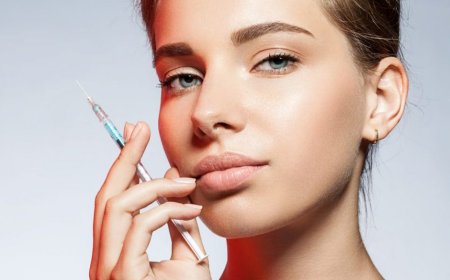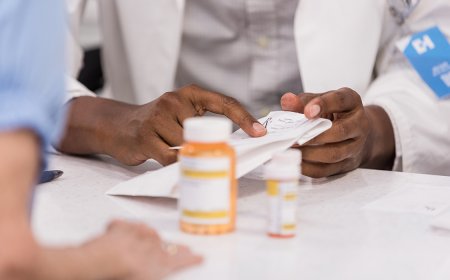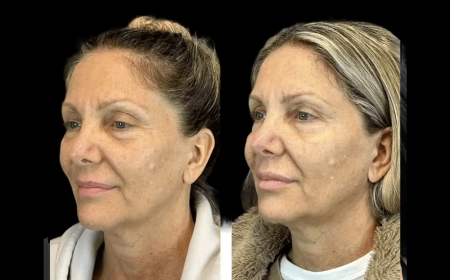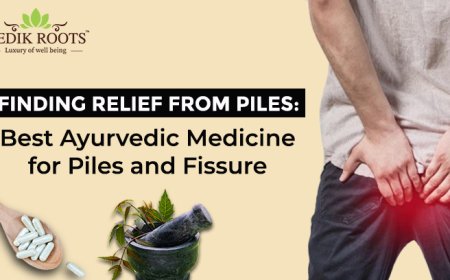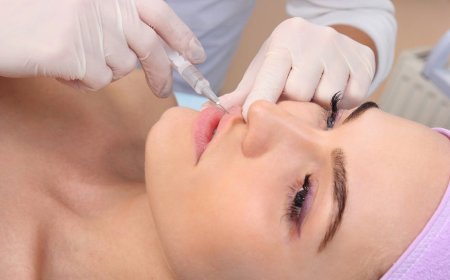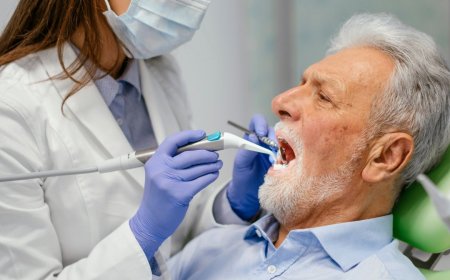Which Skincare Treatment Fades Dark Spots?
Botox, Intense Pulse Light Therapy, Chemical Peel, Laser Skin Resurfacing, and Microdermabrasion are the best Skincare Treatments in Dubai.
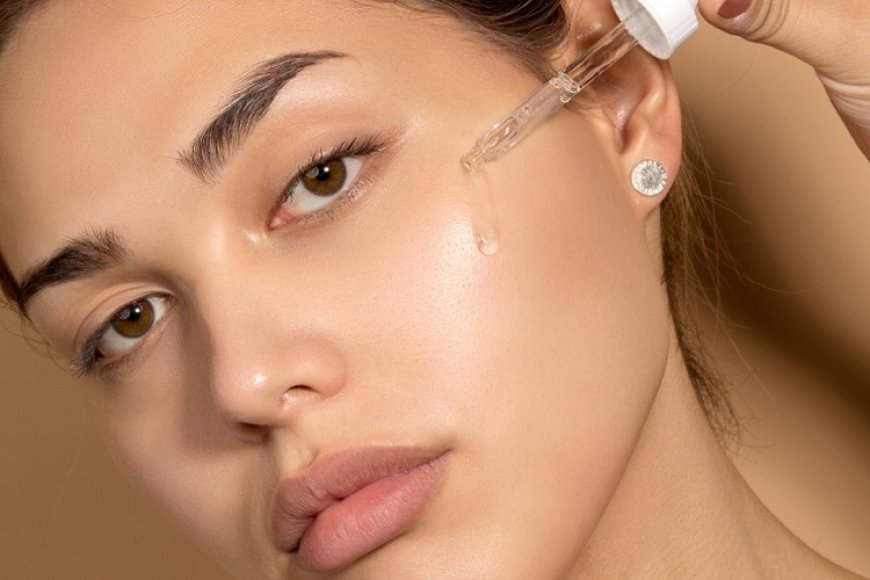
Dark spots, also known as hyperpigmentation, are a common skin concern for people of all ages and skin types. They occur due to various reasons such as sun exposure, aging, hormonal changes, acne scars, and skin injuries. These spots can appear as brown, black, or grey patches, affecting the overall tone and texture of the skin.While prevention is essential, many people seek professional options to fade these unwanted blemishes. The beauty industry has developed several advanced treatments to address this concern. If you're exploring Skincare Treatments in Dubai, youll find a broad spectrum of professional procedures designed specifically to target and diminish dark spots effectively.
Understanding Dark Spots
Before diving into the treatments, it's important to understand what causes dark spots. Melanin, the pigment responsible for skin color, is produced by melanocytes. When these cells become overactive, they produce excess melanin, resulting in discoloration. Contributing factors include:
- Prolonged sun exposure (UV radiation)
- Hormonal changes (e.g., melasma)
- Acne scarring
- Post-inflammatory hyperpigmentation (PIH)
- Skin trauma or injuries
Top Skincare Treatments to Fade Dark Spots
Heres a breakdown of the most effective dermatological options available to reduce the appearance of dark spots:
Chemical Peels
Chemical peels use acid solutions to exfoliate the top layers of the skin. As the skin regenerates, dark spots often fade or disappear entirely. These are categorized based on their intensity:
- Superficial peels (e.g., glycolic acid): Ideal for mild pigmentation
- Medium peels (e.g., TCA): Effective on more stubborn spots
- Deep peels: Reserved for severe cases
Laser Therapy
Laser treatments are among the most precise methods to treat pigmentation. They work by directing intense light beams at dark spots, breaking down the melanin so the body can naturally eliminate it.
Different laser types target various depths and pigment intensities:
- Q-switched lasers: For targeted pigment destruction
- Fractional lasers: Improve texture and reduce pigmentation
- Picosecond lasers: Effective with minimal downtime
Microdermabrasion
Microdermabrasion is a gentle exfoliation procedure that removes the outermost skin layer, promoting the growth of new skin. This method is best suited for superficial pigmentation and dull complexions.
Intense Pulsed Light (IPL)
Though not technically a laser, IPL works similarly by emitting light that targets melanin. It is particularly effective for age spots and sun-damaged skin.
Topical Prescription Products
Topical medications remain a first-line treatment for mild pigmentation issues. These can include:
- Hydroquinone: A strong skin-lightening agent
- Tretinoin (Retinoids): Enhances cell turnover
- Azelaic acid: Useful for acne-related pigmentation
- Kojic acid: Natural alternative with melanin-inhibiting effects
Microneedling
Microneedling involves using fine needles to create micro-injuries in the skin, which trigger collagen and elastin production. This regeneration helps fade dark spots and enhances skin tone.
Factors That Affect Treatment Success
While these treatments are effective, several factors determine their success, including:
- Skin type: Darker skin may be more prone to post-treatment hyperpigmentation.
- Type of pigmentation: Deeper pigmentation takes longer to fade.
- Consistency: Regular sessions and following professional advice improve results.
- Sun protection: Essential to prevent further pigmentation and support treatment efficacy.
FAQ's
How long does it take for dark spots to fade with professional treatments?
Most treatments show visible improvement after 24 sessions, though deeper pigmentation may require more. Results vary depending on the individual and the type of treatment chosen.
Are dark spot treatments safe for all skin types?
Most modern treatments can be tailored to all skin tones, though extra caution is required for darker skin to avoid rebound pigmentation. Always consult with a skincare professional.
Can I combine different treatments for faster results?
Yes, many professionals use combination therapies (e.g., laser + topical retinoids) for synergistic effects. However, combinations must be done under supervision to prevent irritation or adverse reactions.
Do dark spots come back after treatment?
If sun protection and skincare maintenance are neglected, dark spots can reappear. Using SPF daily and avoiding direct sun exposure is crucial for long-term results.
What is the best treatment for acne-related dark spots?
Microneedling, chemical peels, and topical retinoids are typically effective for post-acne marks. The best choice depends on the severity and depth of pigmentation.
Final Thoughts
Dark spots can be stubborn, but with the right skincare treatment, they dont have to be permanent. Whether caused by sun exposure, hormones, or inflammation, professional procedures can dramatically improve skin clarity and tone. From advanced laser therapies to non-invasive topical solutions, todays dermatological innovations offer a wide range of effective options tailored to individual skin needs.





